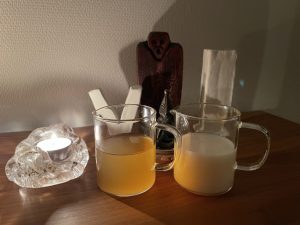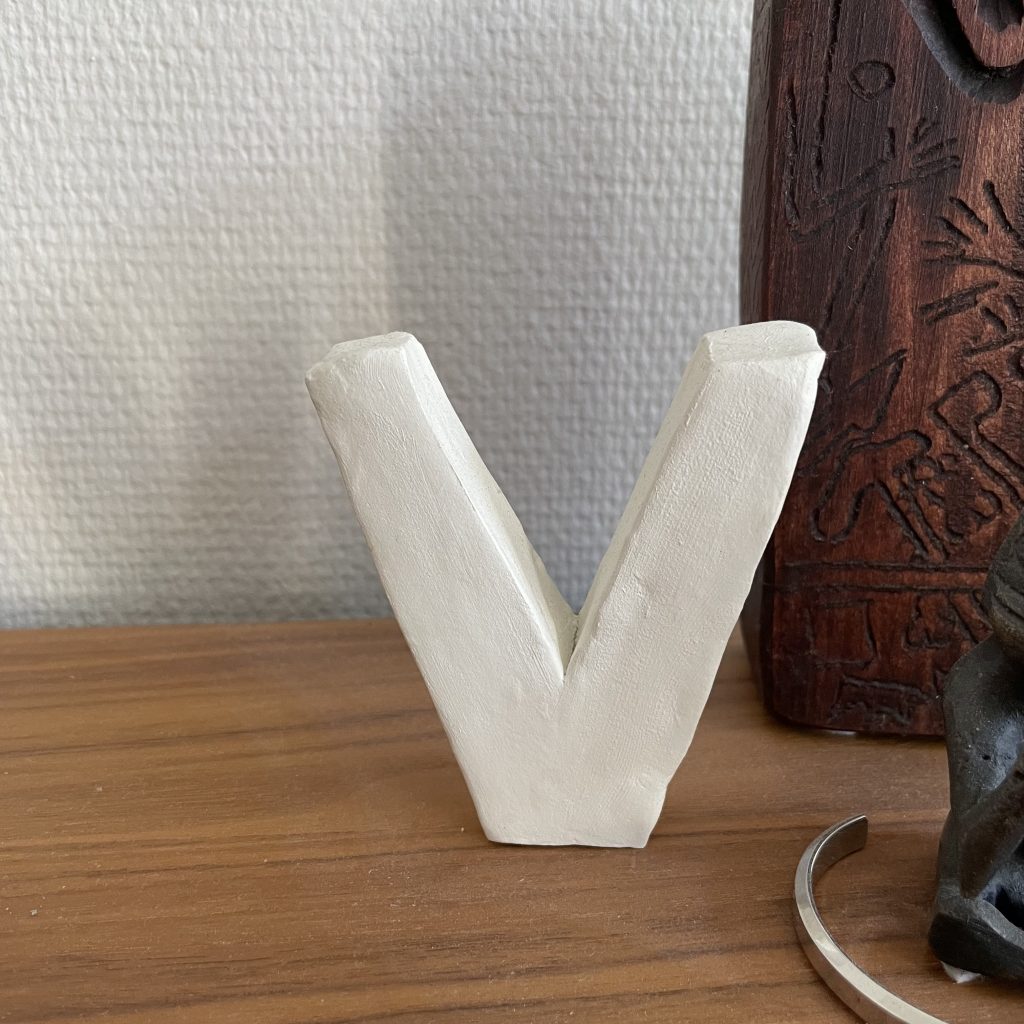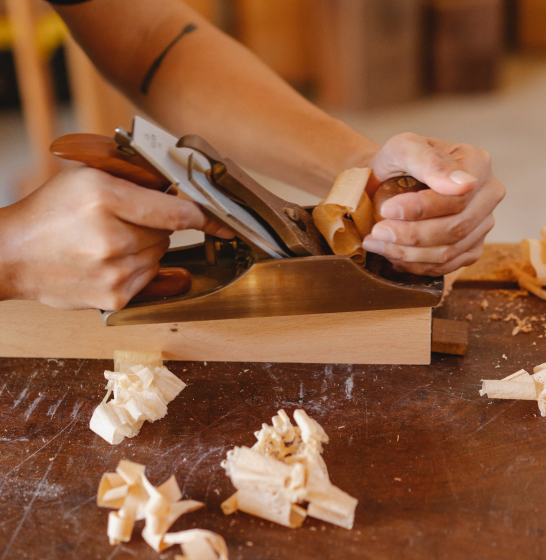
INDO-EUROPEAN
DEITIES
Initial one-to-one consultation, Health & Fitness Assessments Bespoke training program planning, Custom Nutrition plan & recipes. Weekly Progress Reviews
QUICK ACCESS
Páusōn / Pan / the Shepherd
PIE: Páusōn/Péhusōn
Vedic: Pūśan
Greek: Pan (+Hermes)
Roman: Faunus/Pales (assistant)/Lupercus
Celtic: Cernunnos, Lugh
Hittite: Kurunta
Páusōn is the protector. An embodiment of mankind’s relationship with nature, & one’s own true nature. The name seems to mean ‘to cause to thrive’. He was the shepherd & pathfinder god among the Proto-Indo-Europeans. The knower of paths. A god of journeys & divine paths. For a pastoralist people it’s natural to have a god of the herds & a path finder. He’s a supportive guide leading his adherents towards rich pastures & wealth. He made the cattle healthy and fertile, which to IE peoples of course means life and true wealth. Herds are symbolism of ‘the between’ – between domestic & wild, between chaos & order, life & death, home & the pasture outside the homesteads, between Midgård & Utgård (remember sacred space, fenced in things, goddess Gerd, order vs chaos etc – this naturally goes for both micro & macro cosmos, in your own mind & in the world in general). Therefore, as a guardian of the herds and those who wander, for those who are between, he was also connected to, and worshipped at, initiation rites. He’s also the original psychopomp, accompanying souls on their path to another existence. When we need to find our path through our own inner wilderness, and take a step closer to our true nature – that’s when we call upon Pan/Páuson. The etymology (at least the Vedic Pūśan) of the name is ‘he who makes people thrive’ so that’s a good indication of this supportive guide. In the Rig Vedic hymns to him he’s often the one to find things, so he’s definitely someone to call upon when one is searching and questing, looking for the way. Whoever is starting on a journey or has lost his way makes an offering to Pūṣan, often on the threshold.
Offerings: Milk, honey, trophies of achievements, rustic music, herdsmen statuettes of wax, goats, sheep

Páusōn / Pan / the Shepherd
PIE: Páusōn/Péhusōn
Vedic: Pūśan
Greek: Pan (+Hermes)
Roman: Faunus/Pales (assistant)/Lupercus
Celtic: Cernunnos, Lugh
Hittite: Kurunta
Páusōn is the protector. An embodiment of mankind’s relationship with nature, & one’s own true nature. The name seems to mean ‘to cause to thrive’. He was the shepherd & pathfinder god among the Proto-Indo-Europeans. The knower of paths. A god of journeys & divine paths. For a pastoralist people it’s natural to have a god of the herds & a path finder. He’s a supportive guide leading his adherents towards rich pastures & wealth. He made the cattle healthy and fertile, which to IE peoples of course means life and true wealth. Herds are symbolism of ‘the between’ – between domestic & wild, between chaos & order, life & death, home & the pasture outside the homesteads, between Midgård & Utgård (remember sacred space, fenced in things, goddess Gerd, order vs chaos etc – this naturally goes for both micro & macro cosmos, in your own mind & in the world in general). Therefore, as a guardian of the herds and those who wander, for those who are between, he was also connected to, and worshipped at, initiation rites. He’s also the original psychopomp, accompanying souls on their path to another existence. When we need to find our path through our own inner wilderness, and take a step closer to our true nature – that’s when we call upon Pan/Páuson. The etymology (at least the Vedic Pūśan) of the name is ‘he who makes people thrive’ so that’s a good indication of this supportive guide. In the Rig Vedic hymns to him he’s often the one to find things, so he’s definitely someone to call upon when one is searching and questing, looking for the way. Whoever is starting on a journey or has lost his way makes an offering to Pūṣan, often on the threshold.
Offerings: Milk, honey, trophies of achievements, rustic music, herdsmen statuettes of wax, goats, sheep

Páusōn / Pan / the Shepherd
PIE: Páusōn/Péhusōn
Vedic: Pūśan
Greek: Pan (+Hermes)
Roman: Faunus/Pales (assistant)/Lupercus
Celtic: Cernunnos, Lugh
Hittite: Kurunta
Páusōn is the protector. An embodiment of mankind’s relationship with nature, & one’s own true nature. The name seems to mean ‘to cause to thrive’. He was the shepherd & pathfinder god among the Proto-Indo-Europeans. The knower of paths. A god of journeys & divine paths. For a pastoralist people it’s natural to have a god of the herds & a path finder. He’s a supportive guide leading his adherents towards rich pastures & wealth. He made the cattle healthy and fertile, which to IE peoples of course means life and true wealth. Herds are symbolism of ‘the between’ – between domestic & wild, between chaos & order, life & death, home & the pasture outside the homesteads, between Midgård & Utgård (remember sacred space, fenced in things, goddess Gerd, order vs chaos etc – this naturally goes for both micro & macro cosmos, in your own mind & in the world in general). Therefore, as a guardian of the herds and those who wander, for those who are between, he was also connected to, and worshipped at, initiation rites. He’s also the original psychopomp, accompanying souls on their path to another existence. When we need to find our path through our own inner wilderness, and take a step closer to our true nature – that’s when we call upon Pan/Páuson. The etymology (at least the Vedic Pūśan) of the name is ‘he who makes people thrive’ so that’s a good indication of this supportive guide. In the Rig Vedic hymns to him he’s often the one to find things, so he’s definitely someone to call upon when one is searching and questing, looking for the way. Whoever is starting on a journey or has lost his way makes an offering to Pūṣan, often on the threshold.
Offerings: Milk, honey, trophies of achievements, rustic music, herdsmen statuettes of wax, goats, sheep

Páusōn / Pan / the Shepherd
PIE: Páusōn/Péhusōn
Vedic: Pūśan
Greek: Pan (+Hermes)
Roman: Faunus/Pales (assistant)/Lupercus
Celtic: Cernunnos, Lugh
Hittite: Kurunta
Páusōn is the protector. An embodiment of mankind’s relationship with nature, & one’s own true nature. The name seems to mean ‘to cause to thrive’. He was the shepherd & pathfinder god among the Proto-Indo-Europeans. The knower of paths. A god of journeys & divine paths. For a pastoralist people it’s natural to have a god of the herds & a path finder. He’s a supportive guide leading his adherents towards rich pastures & wealth. He made the cattle healthy and fertile, which to IE peoples of course means life and true wealth. Herds are symbolism of ‘the between’ – between domestic & wild, between chaos & order, life & death, home & the pasture outside the homesteads, between Midgård & Utgård (remember sacred space, fenced in things, goddess Gerd, order vs chaos etc – this naturally goes for both micro & macro cosmos, in your own mind & in the world in general). Therefore, as a guardian of the herds and those who wander, for those who are between, he was also connected to, and worshipped at, initiation rites. He’s also the original psychopomp, accompanying souls on their path to another existence. When we need to find our path through our own inner wilderness, and take a step closer to our true nature – that’s when we call upon Pan/Páuson. The etymology (at least the Vedic Pūśan) of the name is ‘he who makes people thrive’ so that’s a good indication of this supportive guide. In the Rig Vedic hymns to him he’s often the one to find things, so he’s definitely someone to call upon when one is searching and questing, looking for the way. Whoever is starting on a journey or has lost his way makes an offering to Pūṣan, often on the threshold.
Offerings: Milk, honey, trophies of achievements, rustic music, herdsmen statuettes of wax, goats, sheep

Páusōn / Pan / the Shepherd
PIE: Páusōn/Péhusōn
Vedic: Pūśan
Greek: Pan (+Hermes)
Roman: Faunus/Pales (assistant)/Lupercus
Celtic: Cernunnos, Lugh
Hittite: Kurunta
Páusōn is the protector. An embodiment of mankind’s relationship with nature, & one’s own true nature. The name seems to mean ‘to cause to thrive’. He was the shepherd & pathfinder god among the Proto-Indo-Europeans. The knower of paths. A god of journeys & divine paths. For a pastoralist people it’s natural to have a god of the herds & a path finder. He’s a supportive guide leading his adherents towards rich pastures & wealth. He made the cattle healthy and fertile, which to IE peoples of course means life and true wealth. Herds are symbolism of ‘the between’ – between domestic & wild, between chaos & order, life & death, home & the pasture outside the homesteads, between Midgård & Utgård (remember sacred space, fenced in things, goddess Gerd, order vs chaos etc – this naturally goes for both micro & macro cosmos, in your own mind & in the world in general). Therefore, as a guardian of the herds and those who wander, for those who are between, he was also connected to, and worshipped at, initiation rites. He’s also the original psychopomp, accompanying souls on their path to another existence. When we need to find our path through our own inner wilderness, and take a step closer to our true nature – that’s when we call upon Pan/Páuson. The etymology (at least the Vedic Pūśan) of the name is ‘he who makes people thrive’ so that’s a good indication of this supportive guide. In the Rig Vedic hymns to him he’s often the one to find things, so he’s definitely someone to call upon when one is searching and questing, looking for the way. Whoever is starting on a journey or has lost his way makes an offering to Pūṣan, often on the threshold.
Offerings: Milk, honey, trophies of achievements, rustic music, herdsmen statuettes of wax, goats, sheep

About us
A short introduction to the workshop instructors and why their background should inspire potential student’s confidence. A short introduction to the workshop instructors and why their background should inspire potential student’s confidence.


A short introduction to the workshop instructors and why their background should inspire potential student’s confidence. A short introduction to the workshop instructors and why their background should inspire potential student’s confidence.
